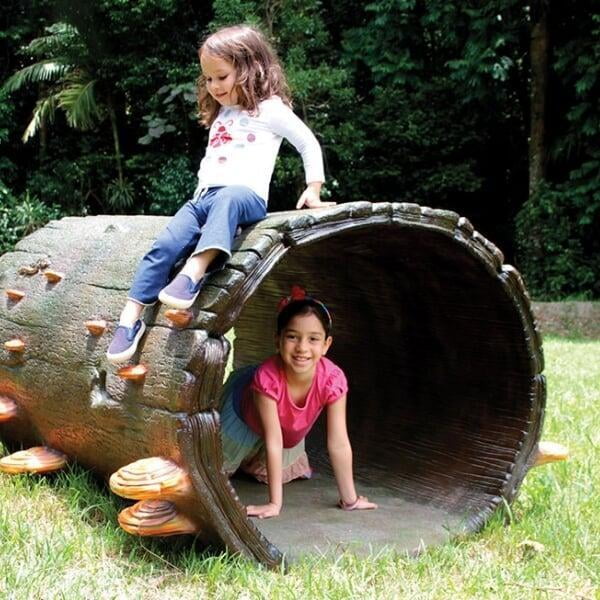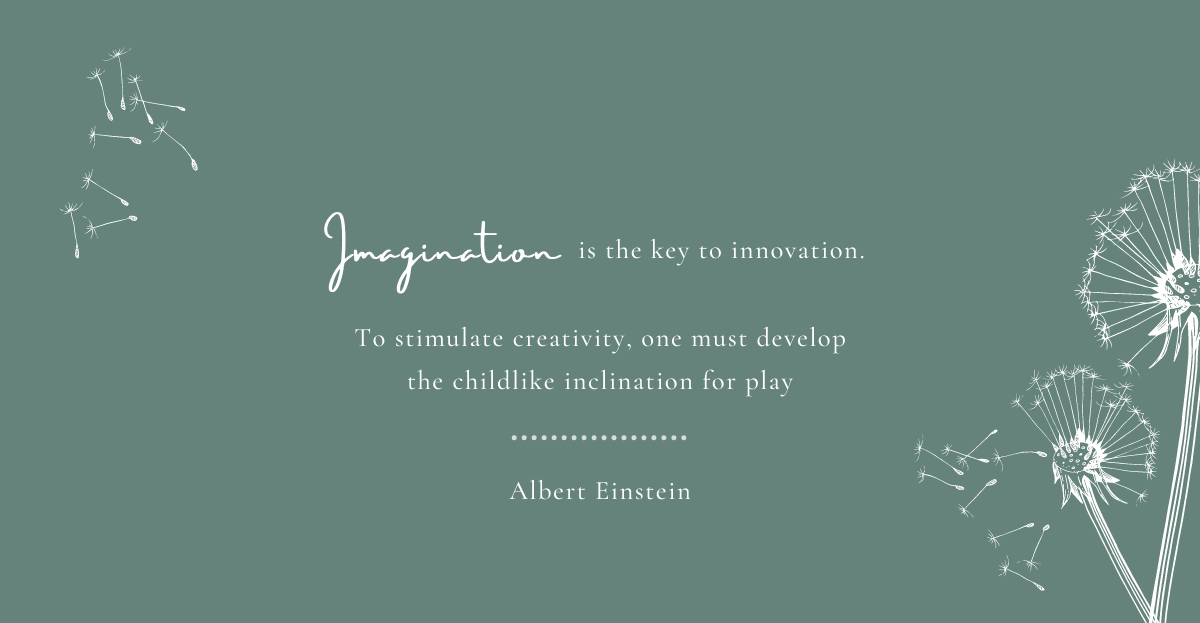“Put simply, imagination is the ability to create visual images in the mind’s eye, which allows us to explore all sorts of images and ideas without being constrained by the limits of the physical world. This is how children begin to develop problem-solving skills, coming up with new possibilities, new ways of seeing and being, which develop important faculties in critical thinking that will help the child throughout life.”
- Sally Goddard Blythe, Child Psychologist
What is Imagination?
Perhaps thought of more readily as part of a child’s game or a skill children need to develop, the ability to imagine things pervades our entire existence. It influences everything we do, think about and create. Imagination leads to elaborate theories, dreams and inventions in any profession from the realms of academia to engineering and the arts. Ultimately, imagination affects everything we do; regardless of our age or profession. Imagination is the key to innovation.
"Imaginative play helps us to recognise our own emotional responses to things, which is a very healthy process "
- Sally Goddard Blythe, Child Psychologist
How do you provide for imaginative play experiences within your recreational spaces?
Comment below to join the conversation!










